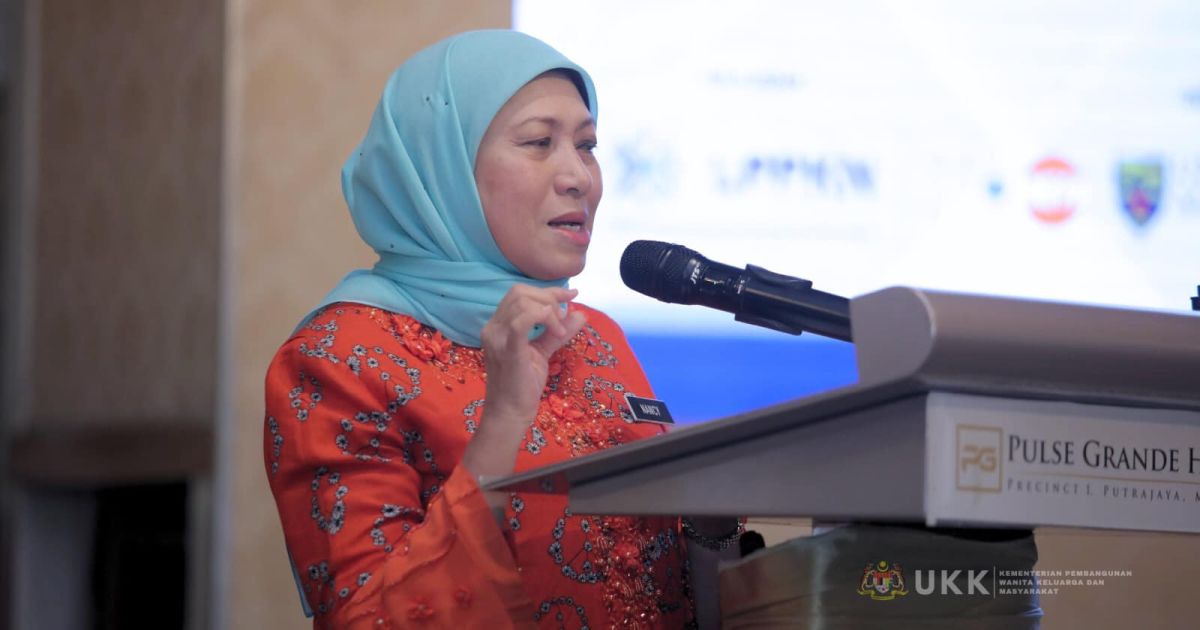PUTRAJAYA, Nov 22 – Nancy Shukri, Minister of Women, Family and Community Development (KPWKM), announced that the country will soon commence efforts to establish the first National Subfertility Centre, as approved by the government in the 12th Malaysia Plan.
“This centre will provide comprehensive fertility and family wellbeing treatments and services as well as function as a coordination centre for research, the latest treatment technologies, and specialist training in Malaysia,” said Nancy during her inauguration speech at the National Population Conference 2023 (PERKKS 23) yesterday.
“The National Subfertility Centre is a timely effort given that in the past five decades the fertility rates in the country has seen a steady reduction from 6.7 children per woman in 1957 to 4.0 children in 1980, 3.0 children in 2020, 2.1 children in 2010 and now 1.6 children in 2022, the lowest recorded in the country.”
PERKKS 23 also includes a special roundtable session to come up with a resolution containing policy recommendations and interventions to address the country’s low fertility rate.
All recommendations included in the resolution will complement the intervention initiatives that are being planned and implemented by KPWKM through the National Population and Family Development Board (LPPKN), according to the ministry in a statement.
The conference, which continues today, further extends the ministry’s strategic collaboration with the United Nations Population Fund Malaysia (UNFPA Malaysia) and the Faculty of Business and Economics, University of Malaya, and includes the involvement of science and technology company MERCK Malaysia as a new collaborative partner.
The UNFPA report Enhancing Human Capital through Sexual and Reproductive Health Investment and Family Support Policies in Malaysia notes that the decreasing fertility rate in the country involves all age groups, with the largest reductions occurring among young women between the ages of 20 and 24.
This pattern suggests a shift in cultural and societal norms, with women staying longer at school, and delaying marriage and childbirth.












